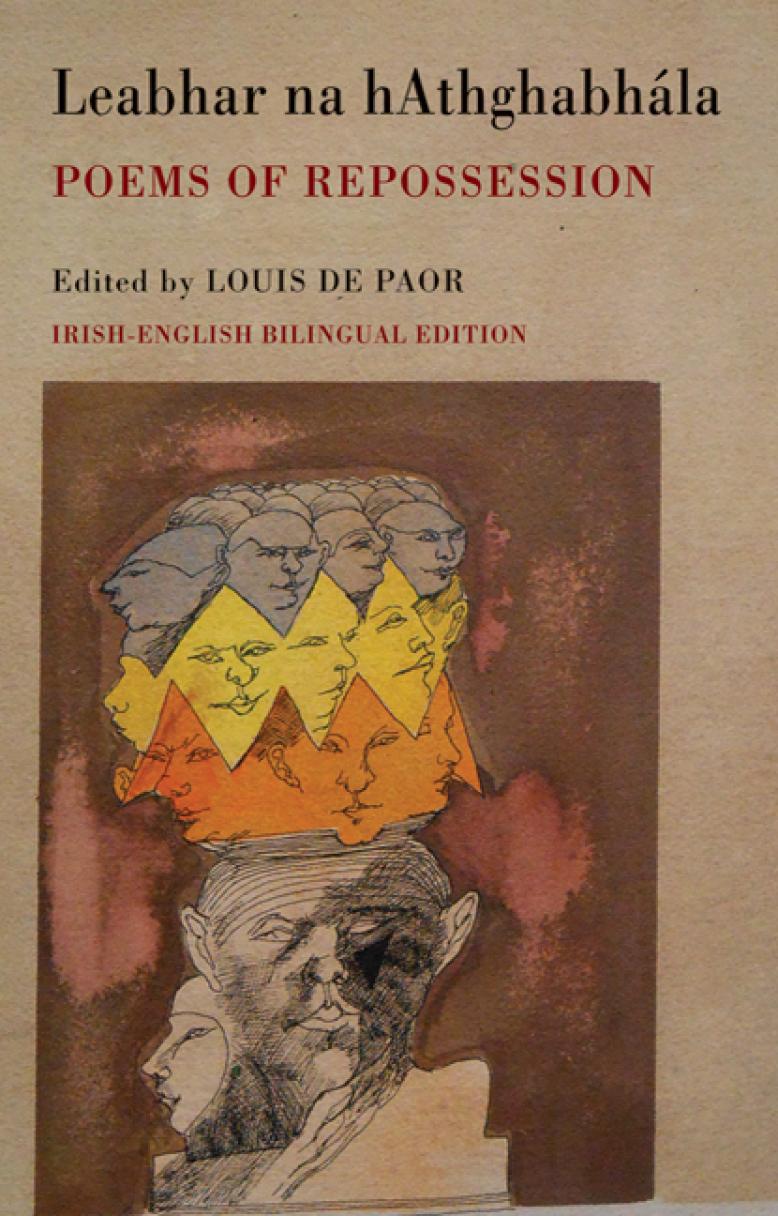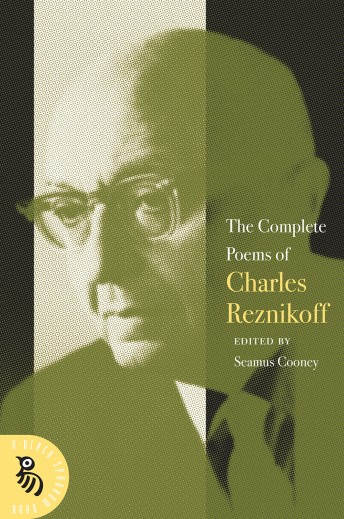Cranborne Woods (17 May, 1994)
(for my mother)
We stopped the car, ducked below the fence
Felt time unravelling in a revelation
The seconds fall and scatter into thousands

Of tiny saints, a reborn multitude
Flowing past the trees, through pools of sun,
Each earthly form a spirit flame, pure blue.
They watched us drift among them, large as gods,
As if we’d come as part of their parousia
To stay with them forever in these woods.
As time grew darker we slipped away like ghosts
And slowly drove...towards your death next May
When once again I saw the risen host
Could watch you walking weightlessly among
The welcomers, the gently swaying throng.
by James Harpur
from Oracle Bones (Anvil Press, 2001)
James can be heard reading this poem here

















